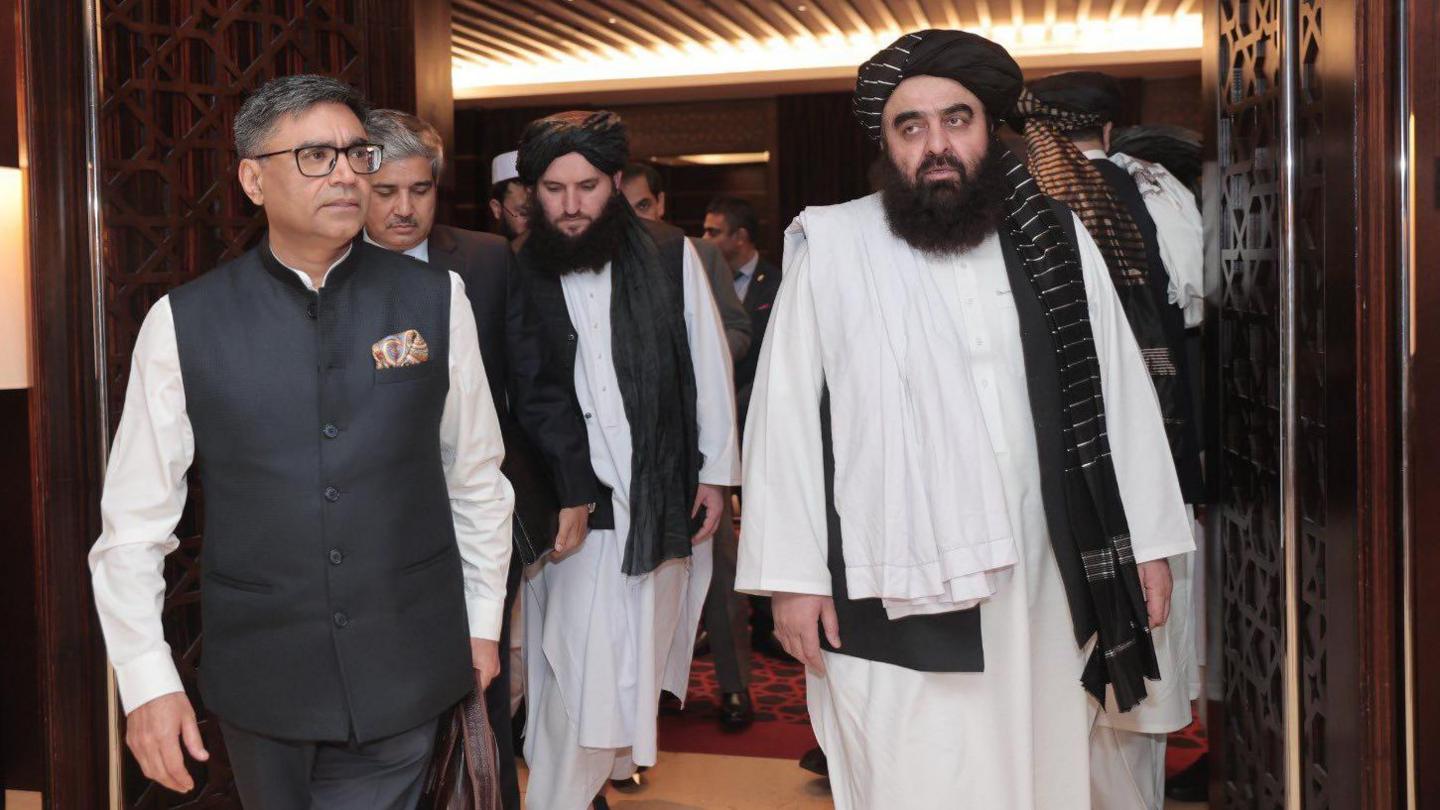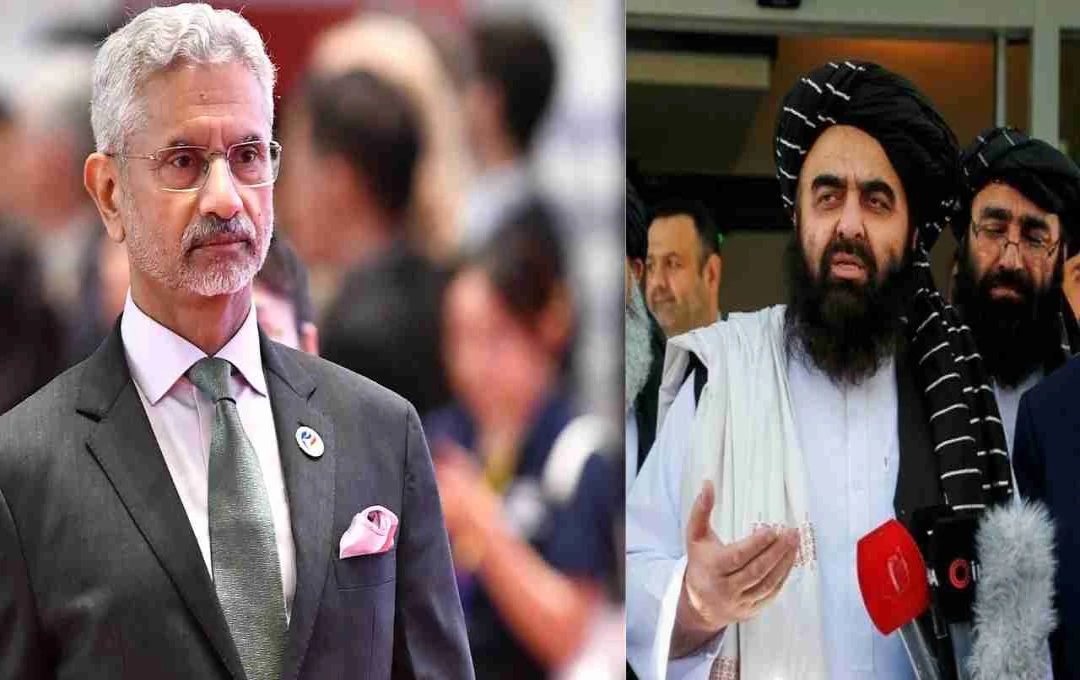India’s foreign policy under Prime Minister Narendra Modi and External Affairs Minister S. Jaishankar has evolved into a masterclass in strategic ambiguity — a careful blend of pragmatism, restraint, and quiet assertion. Few recent moves illustrate this better than New Delhi extending an invitation to Afghanistan’s Taliban-led government, allowing Foreign Minister Amir Khan Muttaqi to visit India — despite an existing UN travel ban.
The permission, sanctioned by the UN but opposed by both the United States and Pakistan, is being seen as a subtle yet significant diplomatic victory for India. It signals New Delhi’s growing influence in shaping regional narratives, particularly in a geopolitical space long dominated by Washington, Beijing, and Islamabad.
That this comes at a time when U.S. President Donald Trump has demanded that the Taliban return the Bagram airbase — from which America’s forces were humiliatingly ejected in 2021 — adds another layer of irony. The Taliban, once the archenemy of the U.S., now find themselves courted by regional powers for access, influence, and resources.

For India, the engagement with the Taliban is not a sudden tactical shift but the outcome of years of quiet groundwork. Since early 2024, senior Indian officials, including Foreign Secretary Vikram Misri and Joint Secretary J.P. Singh have held multiple rounds of talks with Taliban representatives, often through discreet channels in neutral locations like Dubai. These meetings paved the way for Muttaqi’s current six-day visit, during which he is expected to seek Indian diplomatic and economic support amid renewed U.S. pressure and internal instability in Pakistan.
Although there’s no official confirmation of a meeting with Prime Minister Modi, Muttaqi’s dialogue with Jaishankar and other key ministers is enough to send unmistakable signals — to Washington, Islamabad, and Beijing — that New Delhi is now a central player in shaping Afghanistan’s future.

The Taliban’s rise to power was once viewed as a triumph of Pakistan’s deep state. But the relationship quickly soured. The Taliban have refused to act against the Tehreek-e-Taliban Pakistan (TTP), which continues to carry out attacks inside Pakistan. This defiance has shattered Islamabad’s illusion of control. Meanwhile, Pakistan itself is consumed by unrest in Balochistan, PoK, and Khyber Pakhtunkhwa — regions bordering Afghanistan — leaving little bandwidth for regional diplomacy.
This unraveling of Pakistan-Taliban ties created a vacuum that India has been swift to exploit. By engaging directly with the Taliban, New Delhi has managed to bypass Islamabad’s chokehold on Afghanistan policy, reclaim lost strategic ground, and open new economic corridors to Central Asia.
The China factor is equally critical. Beijing has been courting the Taliban, promising investments in exchange for access to Afghanistan’s vast mineral wealth and a foothold for its Belt and Road Initiative. India, wary of China’s growing presence in its extended neighbourhood, cannot afford to remain a bystander. Engaging the Taliban helps New Delhi secure a voice in the evolving regional order while keeping an eye on Beijing’s moves.

At the same time, India’s outreach does not signify endorsement. New Delhi continues to withhold official recognition of the Taliban regime, insisting instead on the formation of a “truly inclusive” government in Kabul. The message is clear — India’s engagement is transactional, not ideological.
For the Taliban, Muttaqi’s visit is a quest for legitimacy and economic lifelines. For India, it’s part of a far larger geopolitical strategy — to position itself as an indispensable stakeholder in the future of Afghanistan and, by extension, in the stability of the broader Central Asian region.
Russia remains the only country to have formally recognized the Taliban regime. But if India’s calibrated engagement continues to yield results, New Delhi could soon emerge as the most influential democratic power dealing with Kabul — balancing its moral stance with realpolitik.
In the high-stakes chessboard of Asian geopolitics, India is no longer a reactive player. It is setting the moves — one calculated engagement at a time.





